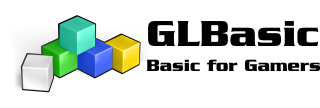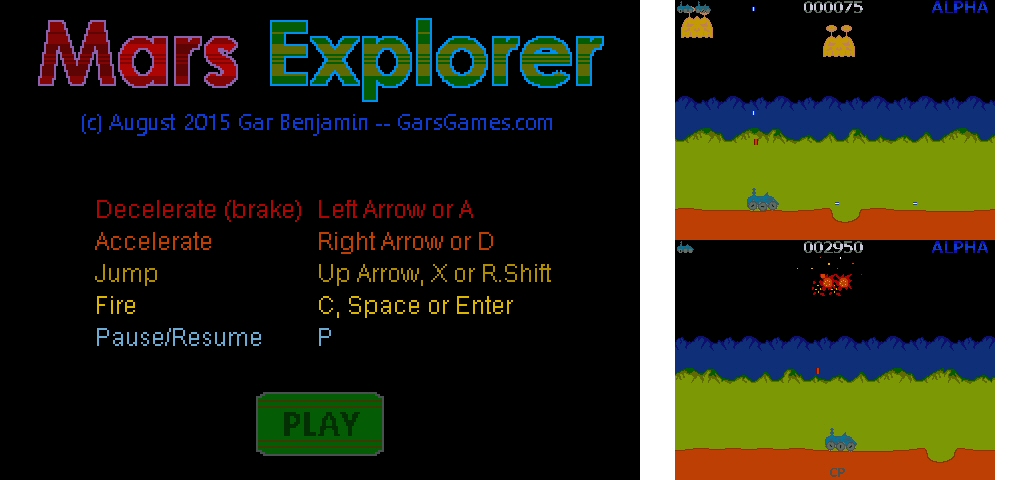Sure you can add or modify it for whatever you want. I'd appreciate it if you left my name on it and certainly feel free to update the Title screen with your name (or spacefractal) crediting you for adding GameInput API support.
However, please grab the source from my website first because I fixed another tiny bug right after I submitted it to the Showcase.
I think this should be the last little issue. When I overhauled that Main method earlier today I should have play-tested it more but was in a rush to wrap it up.
Anyway, the latest source is on the NOTE: I UPDATED THIS POST TO REMOVE THE LINK BECAUSE I HAVEN'T HAD MY OLD WEBSITE FOR SEVERAL YEARS NOW.
But yeah go ahead. In fact, anyone can feel free to update it to add a high score screen or whatever anyone wants to add. It's basically just an example game project. Kind of a template or starter kit for making a side scrolling arcade game. I needed something for my experiment and thought it might be helpful for new people interested in learning GLBasic.
However, please grab the source from my website first because I fixed another tiny bug right after I submitted it to the Showcase.
I think this should be the last little issue. When I overhauled that Main method earlier today I should have play-tested it more but was in a rush to wrap it up.

Anyway, the latest source is on the NOTE: I UPDATED THIS POST TO REMOVE THE LINK BECAUSE I HAVEN'T HAD MY OLD WEBSITE FOR SEVERAL YEARS NOW.
But yeah go ahead. In fact, anyone can feel free to update it to add a high score screen or whatever anyone wants to add. It's basically just an example game project. Kind of a template or starter kit for making a side scrolling arcade game. I needed something for my experiment and thought it might be helpful for new people interested in learning GLBasic.





 That would be completely against the rules and spirit of the LD challenge. At this point I already have 14.5 hours into the GLBasic development of the Mars Explorer project. About 18 hours of total development time with the tile map and graphics work. That would be a huge unfair advantage in a 48-hour event.
That would be completely against the rules and spirit of the LD challenge. At this point I already have 14.5 hours into the GLBasic development of the Mars Explorer project. About 18 hours of total development time with the tile map and graphics work. That would be a huge unfair advantage in a 48-hour event.